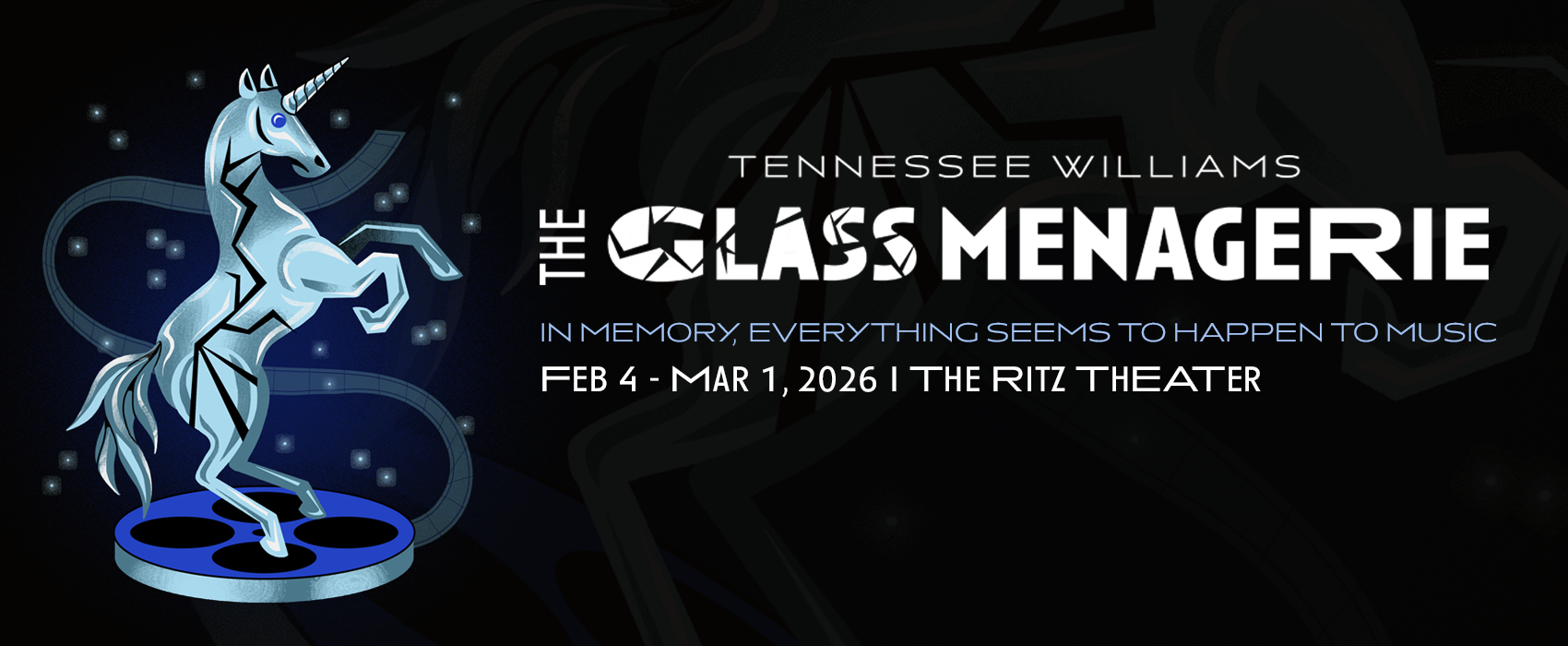The Death of Bessie Smith
/February 7, 2001.By City Pages.
Director Peter Rothstein has a similar obsession with the voice. He has revised Edward Albee’s The Death of Bessie Smith to include seven songs from the singer, played in this Theater Latte Da production by Shirley Witherspoon in an opulent red dress. Smith does not appear as a character in Albee’s original script – she is left out in a smashed car to die a hideous death while her driver desperately seeks medical help, but is refused by whites-only hospitals in the racist Memphis of 1937. Albee’s script focuses on one nurse, a wretched woman with a vicious tongue who whittles away at everyone around her, splashing corrosive words into their faces. It’s a markedly bleak script, and like many one-acts feels somewhat incomplete. Albee’s nurse calls to mind Martha from Who’s Afraid of Virginia Woolf; the author has a knack for crafting female characters whose profound disappointments in life emerge as reckless, damaging language. But there is no George here who can answer the nurse’s bile in kind.
In this production, Carla Noack plays the nurse in smirking bully, and it’s a wonderful performance. Despite her loudmouthed racism and perpetual hostility, she’s a damned lively character, smart and funny with a seemingly contradictory love for blues singers. (The again, this country never seems to lack racists who are fascinated by black culture.) We keep waiting for a voice to emerge that will equal hers, and in Albee’s original script none ever does – even the tragic ending simply encourages more cruelty from the nurse. But with the addition of Witherspoon singing as Bessie Smith (craftily staged; the production flits back and forth between a hospital and a smoky performing hall), this production does offer a sort of vocal counterpoint. Smith, dying in an unseen car outside the hospital, might not be able to respond to the nurse, but her gorgeous music, heard throughout, offers its own chastisement. Hers are lusty, sociable, free-spirited verses, and they’re infinitely more appealing than the nurse’s bitter chorus.


